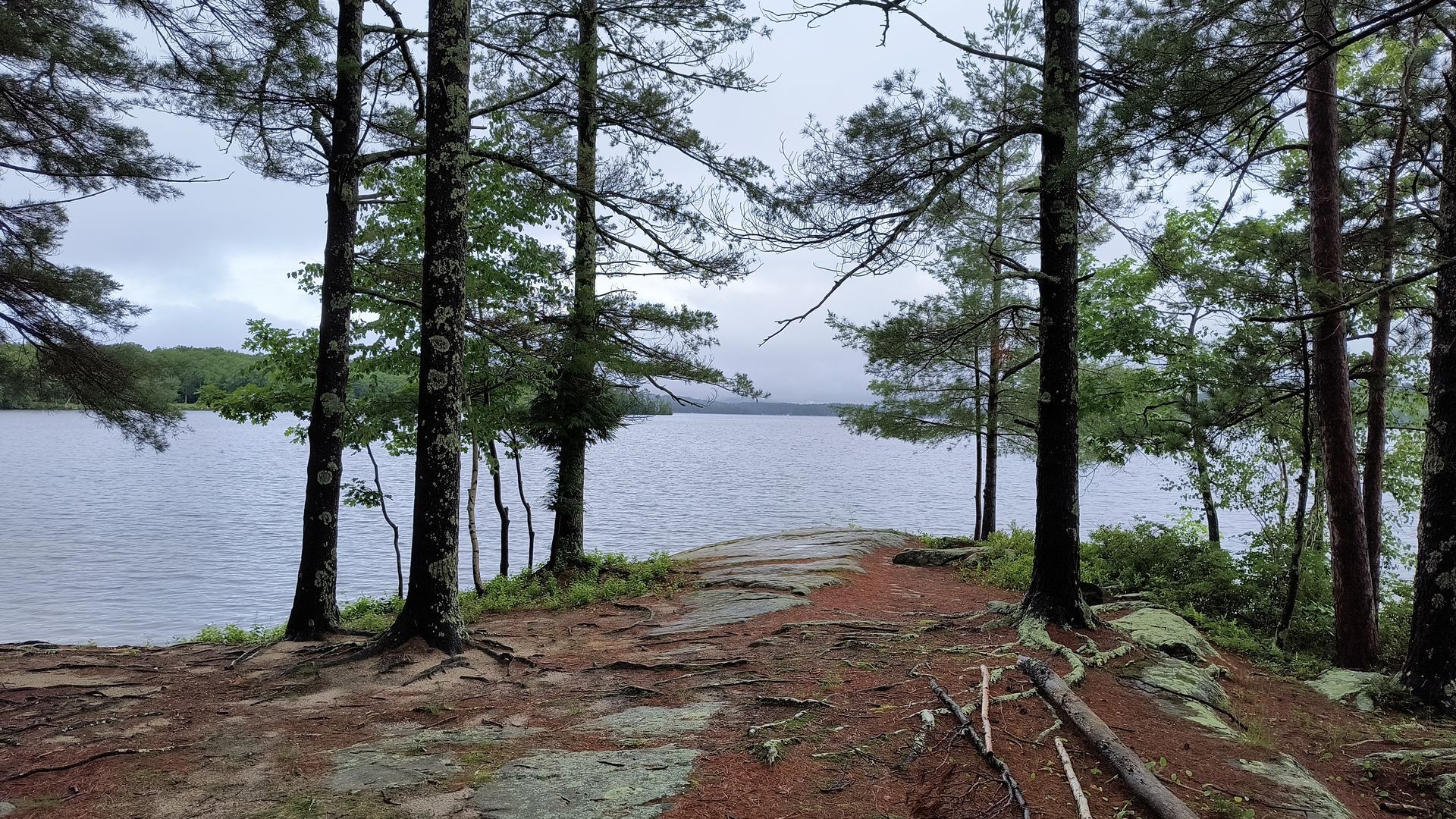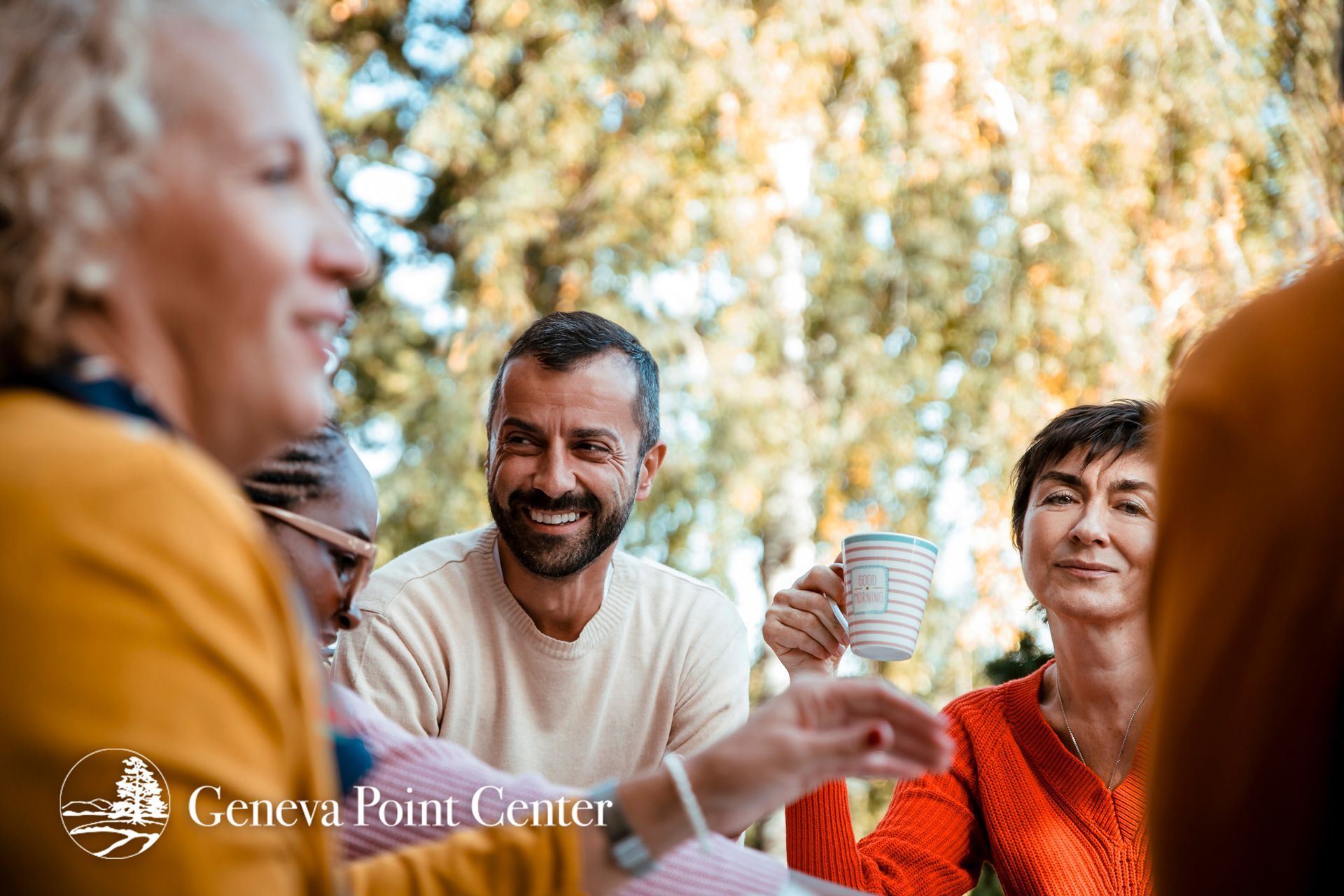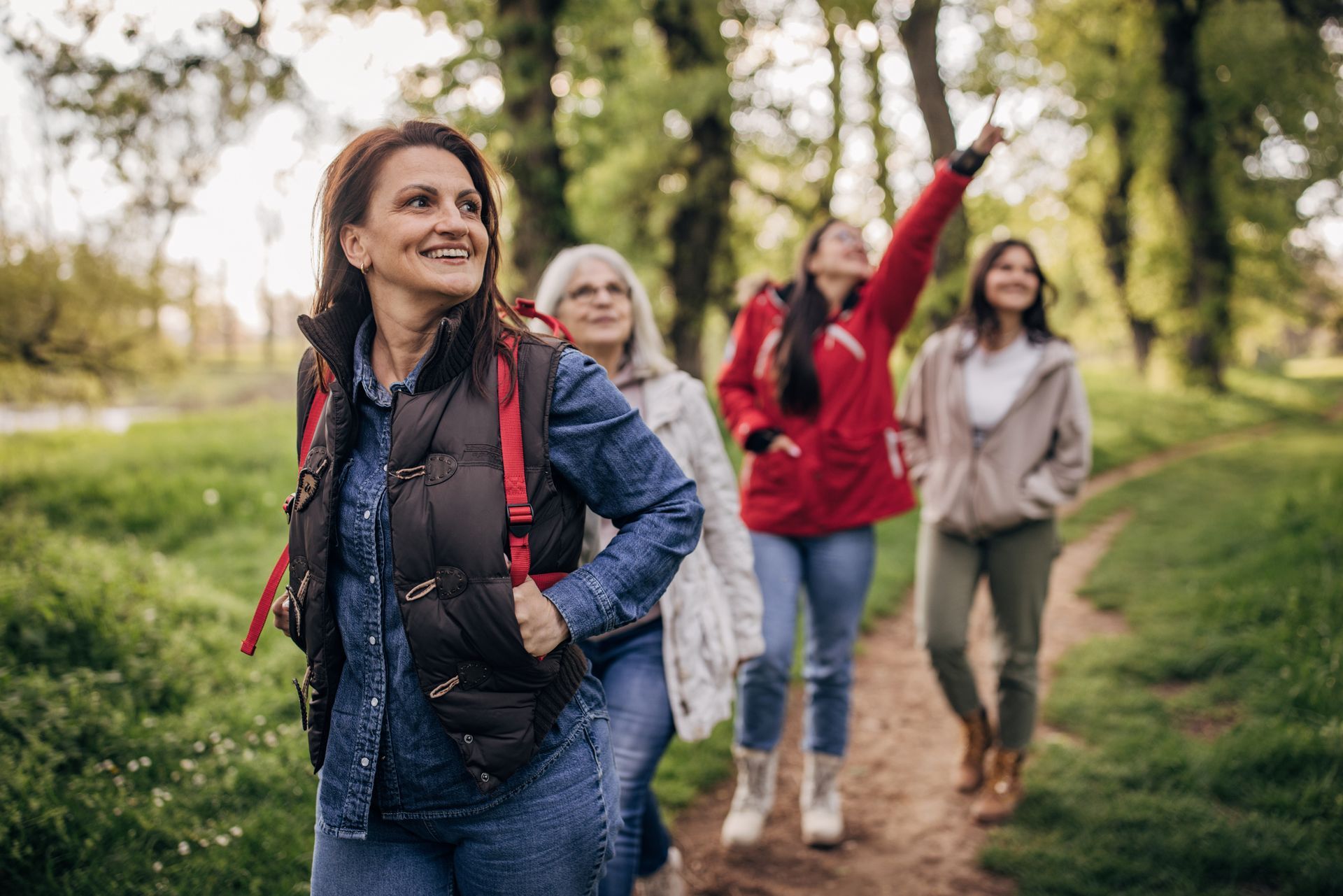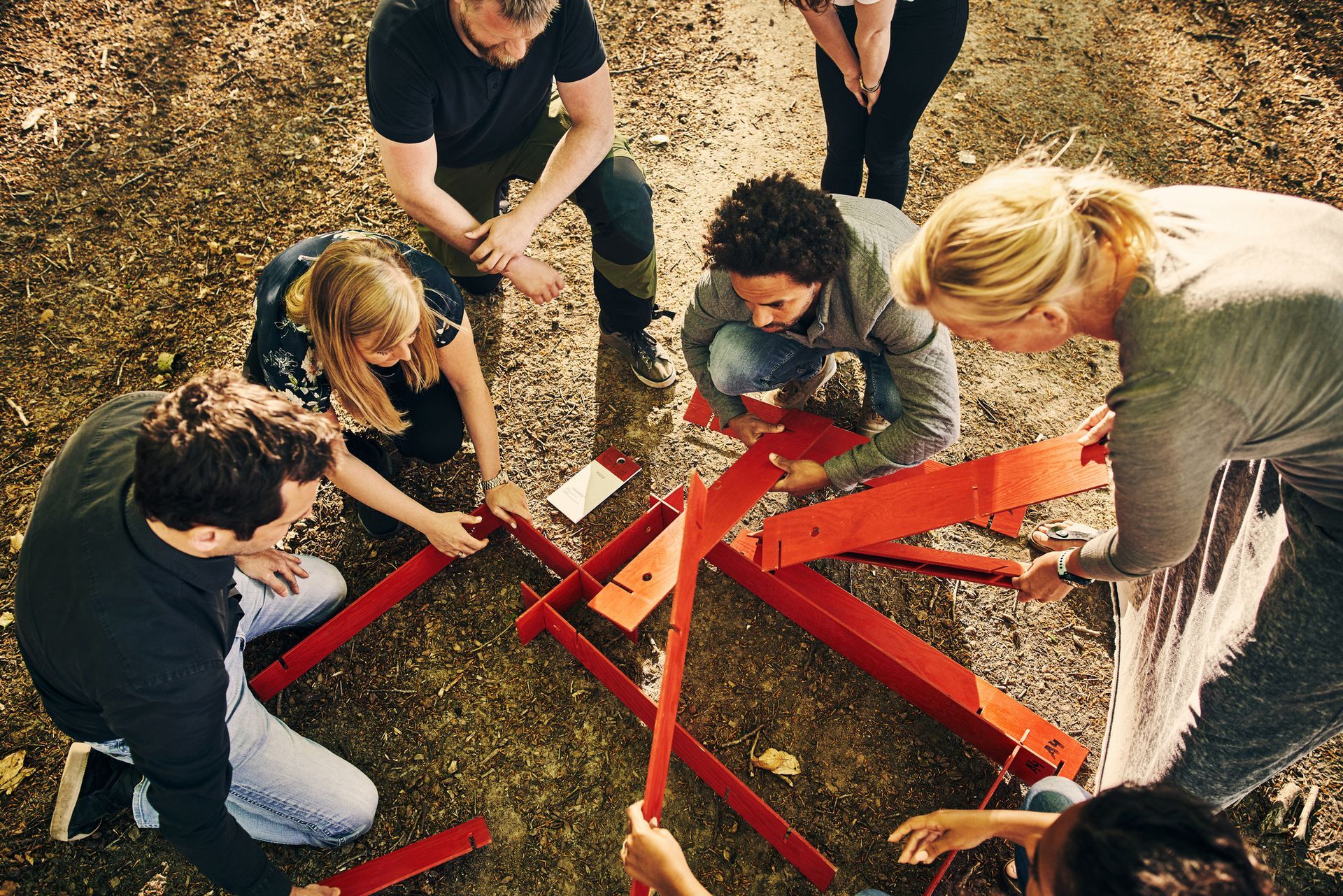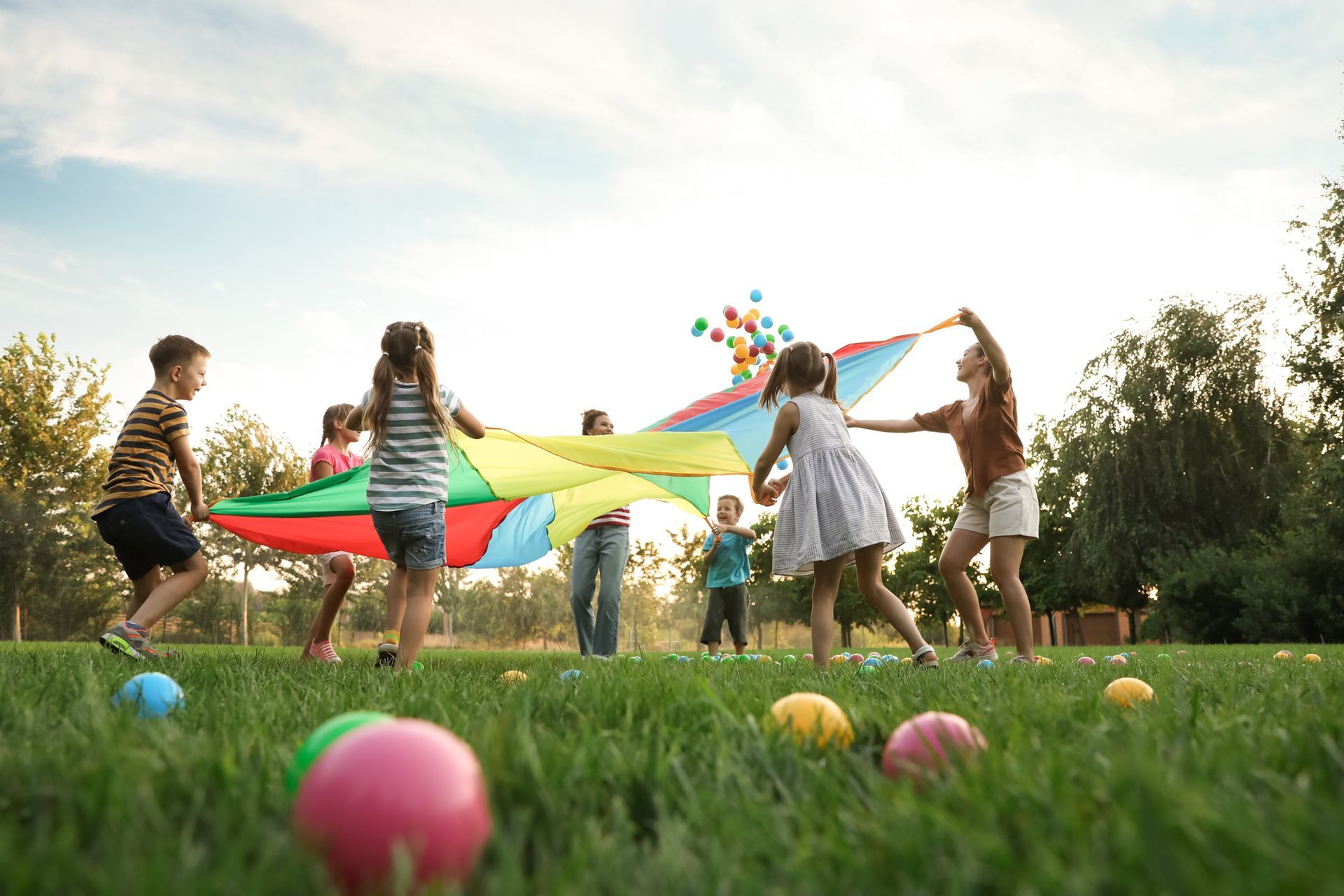Transformative Benefits of Learning in the Outdoors | Engage & Educate
Learning in the outdoors boosts creativity and problem-solving skills. This article shows how nature enhances education, making it more effective and enjoyable.
Key Takeaways
- Outdoor learning boosts creativity and problem-solving skills while leading to better academic performance and reduced behavioral issues!
- Spending time in nature lowers stress and anxiety, improves sleep quality, and fosters social-emotional well-being for students of all ages!
- Integrating multiple disciplines through outdoor activities creates engaging, hands-on learning experiences that foster a sense of community and environmental stewardship!
The Power of Outdoor Learning
Outdoor learning is more than just a breath of fresh air—it’s a breath of inspiration. When students step outside the traditional classroom, they enter a natural world that stimulates creativity and problem-solving through unstructured play. The open environment encourages exploration and curiosity, allowing students to engage with their surroundings in a way that fosters deeper understanding and retention of knowledge.
Studies have shown that students who participate in outdoor learning experiences often achieve higher scores on standardized tests and maintain higher grade point averages compared to their peers in traditional settings. This is not merely coincidental; the hands-on, experiential nature of outdoor learning makes academic concepts more tangible and memorable. Additionally, behavioral issues tend to decrease as students become more engaged and motivated in an outdoor classroom.
Education in the outdoors offers benefits for individuals of all ages, making it a versatile approach that can be adapted for diverse learning groups. Whether it’s young children developing foundational skills or older students applying theoretical knowledge in real-world settings, the impact of outdoor learning is profound.
The natural elements and dynamic environment of outdoor spaces and outdoor classrooms provide endless opportunities for exploration and growth, making every school day an adventure.
Health Benefits of Spending Time in Nature
Spending time in nature offers a wide range of health benefits. Outdoor classrooms have been shown to lower stress levels among students, providing a calming environment that reduces the incidence of anxiety and the stress hormone cortisol. The serene settings of local parks and natural areas offer a refreshing break from the hustle and bustle of everyday life, promoting mental well-being.
In addition to lowering stress, spending time in nature can significantly improve sleep quality, which in turn enhances cognitive function. Just 30 minutes a day outdoors can make a remarkable difference, helping children to sleep better and think more clearly. Furthermore, the fresh air and physical activity associated with outdoor learning contribute to overall health, making students calmer and more focused.
Beyond physical health, outdoor learning experiences also support social-emotional well-being and mental health. Nature provides a space for healing and emotional growth, helping children develop stronger social skills and a better understanding of themselves and others. Time spent in nature not only benefits students’ health but also cultivates a sense of environmental stewardship and a lifelong connection to the natural world.
Enhancing Educational Experiences with Outdoor Classrooms
Outdoor classrooms are a powerful tool for enhancing educational experiences. By taking learning outside, educators can significantly increase student engagement and improve overall learning outcomes. The change of scenery and hands-on activities help to capture students’ interest and make learning more enjoyable. Additionally, outdoor education activities are linked to improved behavior and academic performance, creating a positive feedback loop that benefits everyone involved.
One of the most compelling aspects of outdoor learning is the ability to experience scientific concepts firsthand. Students can observe ecosystems, study plant and animal life, and engage in conservation efforts, all of which enhance their understanding and retention of scientific knowledge. This form of experiential learning makes abstract concepts more concrete and relatable, fostering a deeper appreciation for the natural world.
Moreover, integrating outdoor activities into the curriculum allows for practical applications of theoretical concepts. Local parks and public spaces can serve as valuable resources for schools with limited outdoor facilities, providing diverse ecosystems and natural settings for hands-on learning. This approach not only enriches the educational experience but also promotes community engagement and accessibility, making transformative outdoor learning experiences available to all students.
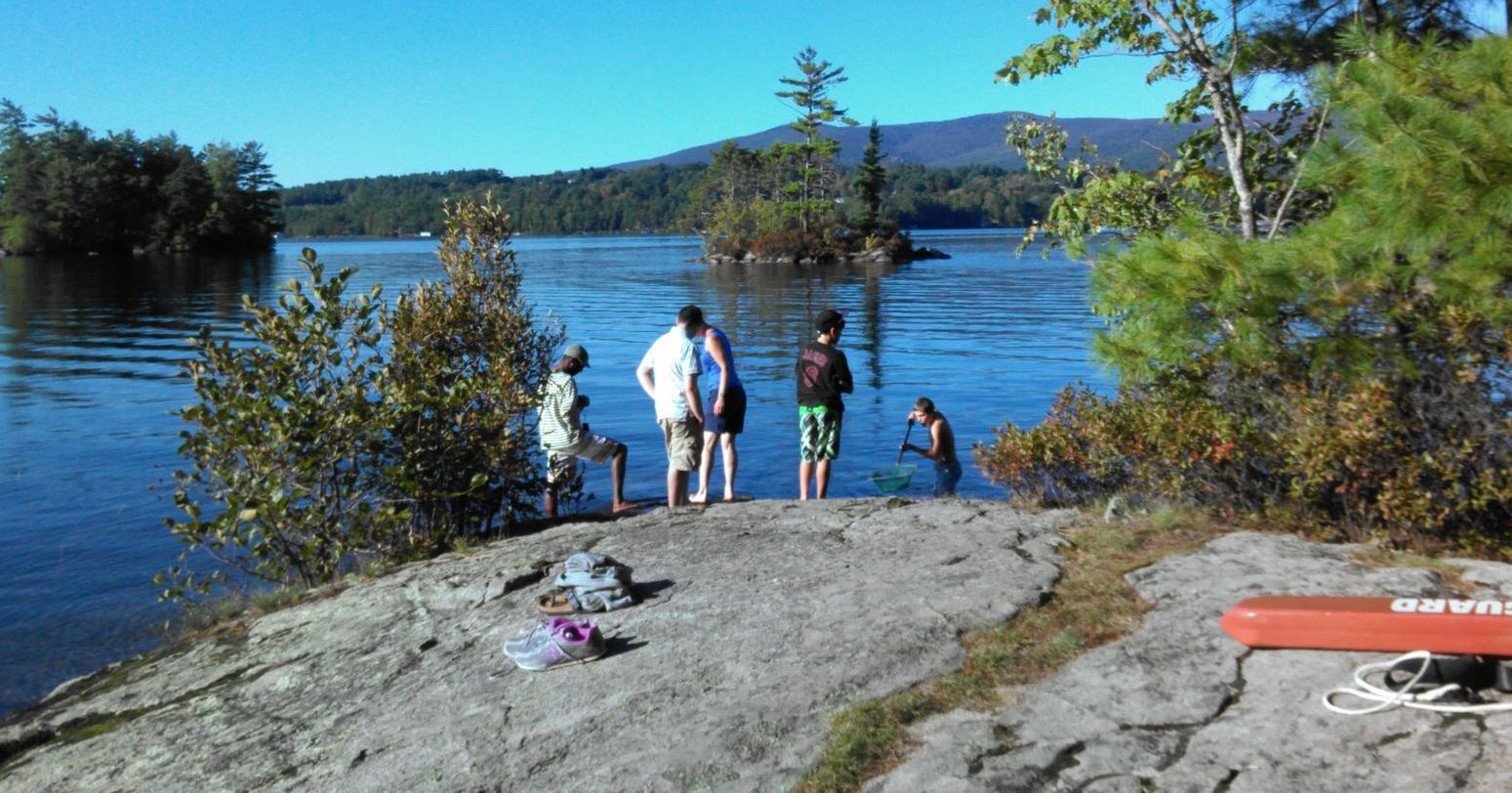
Integrating Multiple Disciplines in Outdoor Education
Outdoor learning offers a unique opportunity to integrate multiple disciplines, creating a more holistic and engaging educational experience. Combining subjects like math, science, and art allows educators to enrich the learning experience and make lessons more relevant to students’ lives. This interdisciplinary approach encourages students to see connections between different areas of knowledge and apply their skills in real-world contexts.
Effective outdoor learning involves eight key components, including:
- Experiential learning
- Fostering meaningful reflection
- Promoting active engagement
- Creating a strong connection to the natural environment
- Utilizing the outdoor setting as a dynamic backdrop for teaching various subjects
- Allowing educators to create lessons that are both educational and inspiring
These elements are crucial for enhancing the learning experience.
The following subsections will explore:
- How outdoor learning can teach science and environmental education
- How outdoor learning can enhance creativity through art
- How outdoor learning can promote physical education and adventure learning
Each of these areas offers unique opportunities for students to develop a wide range of skills and knowledge, all while enjoying the benefits of spending time in nature.
Science and Environmental Education
Outdoor learning is particularly effective for teaching science and environmental education. Exposure to nature significantly enhances brain development and functioning, contributing to lifelong health benefits. Children who frequently interact with natural environments exhibit lower asthma rates and a stronger immune response, highlighting the health advantages of outdoor education.
Moreover, engaging with nature helps children develop better emotional intelligence and problem-solving skills. The shared outdoor experiences also strengthen teacher-student relationships, promoting a sense of community and belonging among students.
These benefits make outdoor classrooms an ideal setting for cultivating scientific knowledge and environmental stewardship.
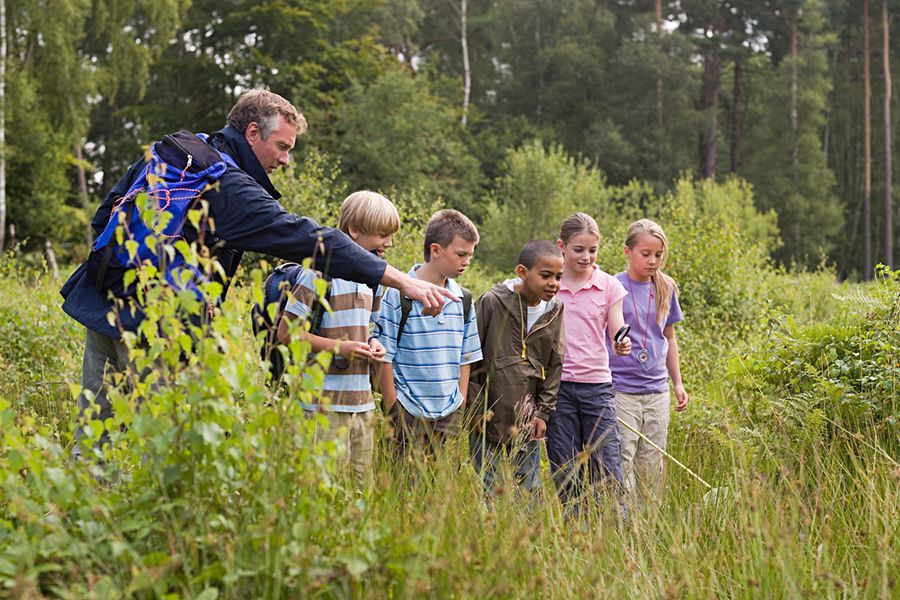
Art and Creativity
Nature’s varied colors and light provide a rich source of inspiration for artistic endeavors, making the outdoors a perfect classroom for art and creativity. Children’s creativity is sparked by interacting with natural materials, allowing them to express themselves artistically in unique ways. This engagement with the natural world fosters a deeper connection to their surroundings and enhances their artistic skills.
Outdoor settings enhance creativity by allowing children to utilize natural materials in their art. Whether they are creating sculptures from sticks and stones or drawing landscapes, the possibilities are endless. This hands-on approach not only makes art more engaging but also helps children develop a greater appreciation for the beauty of the natural world.
Physical Education and Adventure Education
Physical education and adventure education are integral components of outdoor learning. Regular outdoor activities can lead to healthier bone development and improved motor skills in children, promoting overall physical health. Additionally, incorporating physical activities in natural settings encourages fitness and social skills through teamwork and collaborative tasks.
Adventure education, in particular, fosters teamwork and builds leadership skills among participants. Activities such as hiking, climbing, and team-building exercises promote physical fitness while also teaching important life skills. Integrating adventure activities into outdoor learning creates transformative experiences that benefit both the body and mind.
Strategies for Effective Outdoor Learning Experiences
Creating effective outdoor learning experiences requires careful planning and consideration. Eight key components, including experiential learning and meaningful reflection, are essential for successful outdoor education. These elements help to ensure that students are actively engaged and that their learning experiences are both enjoyable and impactful.
Planning considerations such as staffing, scheduling, teacher preparation, curriculum support, and student management are crucial to taking classes outside. Access to outdoor learning spaces can be uneven, affecting engagement and inclusivity for all student demographics.
By addressing these challenges and develop strategies to overcome them, educators can create inclusive and effective outdoor learning environments.
Planning for Diverse Age Groups
Adapting outdoor activities to cater to the varying developmental stages of different age groups is vital for effective outdoor learning. Children develop creativity, problem-solving, and critical thinking skills through unstructured outdoor play. This form of play encourages free game creation and exploration, promoting creativity and personal growth.
When planning outdoor learning, it’s important to consider community needs related to teaching and learning, ensuring equity. Tailoring activities to meet the needs of diverse age groups allows educators to create more inclusive and engaging outdoor learning experiences.
Addressing Weather Conditions and Comfort
Preparing for outdoor learning requires consideration of the weather and ensuring that participants have appropriate clothing and gear. Strategies for different weather scenarios are essential to maintaining student comfort and safety during outdoor learning activities. Using weather-appropriate gear can significantly enhance the overall experience.
Providing appropriate clothing and shelter is crucial to ensure that students remain comfortable during outdoor learning sessions. Planning for various weather conditions helps educators create a safe and enjoyable outdoor learning environment.
Utilizing Local Parks and Natural Areas
Utilizing local parks and natural areas for outdoor learning helps to foster a deeper connection to nature and promotes environmental conservation. These natural settings provide valuable opportunities for hands-on scientific learning and environmental education.
Incorporating local parks and natural areas into the curriculum instills a sense of environmental responsibility and stewardship in students. This approach not only enhances the educational experience but also encourages students to become advocates for sustainability and environmental care.
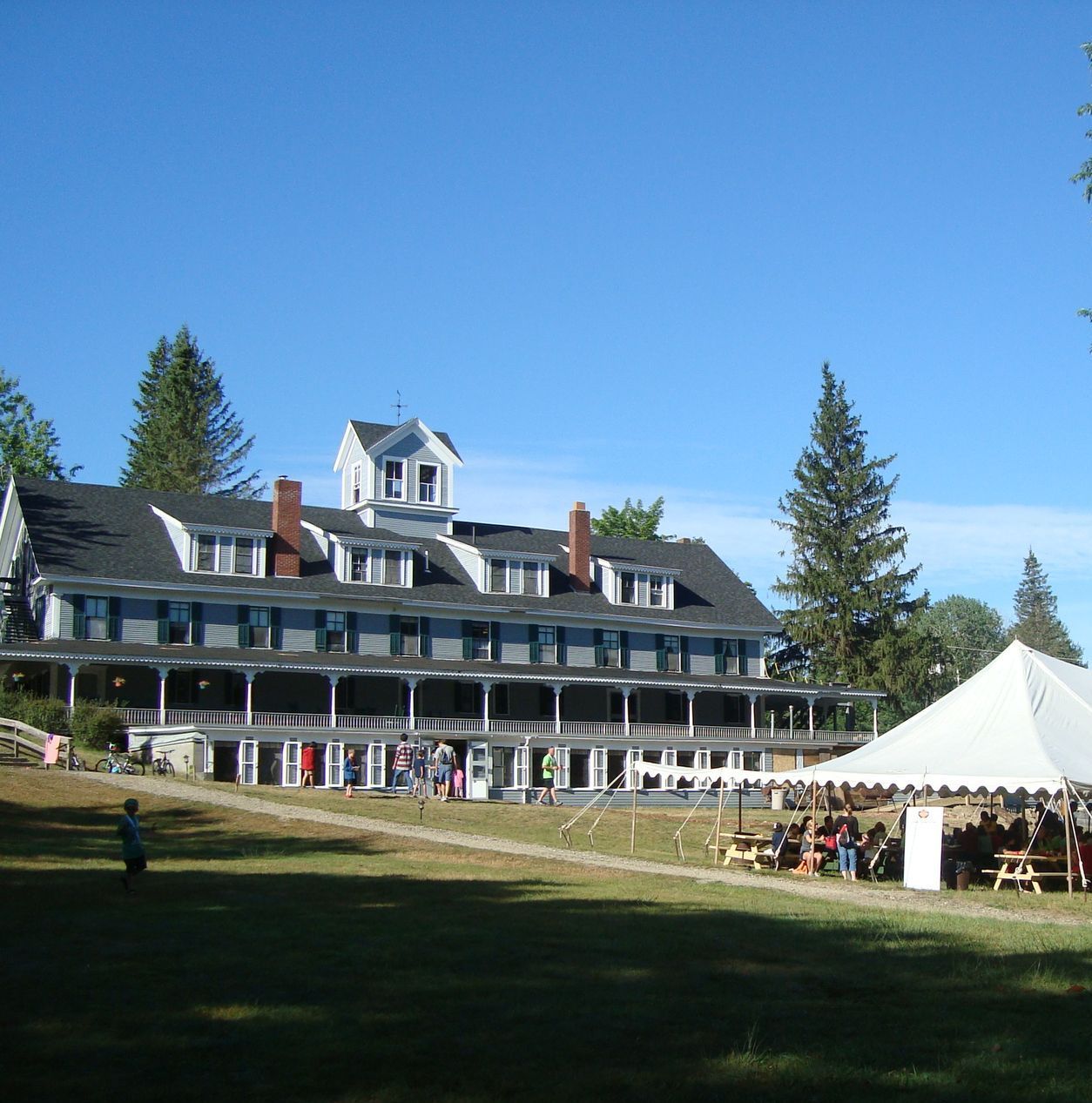
Geneva Point Center as an Ideal Venue
Geneva Point Center in Moultonborough, New Hampshire, is an ideal venue for outdoor learning and educational retreats. Spanning 184 acres of wooded land along nearly a mile of Lake Winnipesaukee shoreline, the center offers a stunning natural environment for experiential learning. Its diverse accommodations, from tent camping to lodge rooms, cater to different group needs for overnight stays.
Located just an hour from Concord, New Hampshire, Geneva Point Center provides easy access while immersing participants in a serene natural environment. The combination of its natural beauty, diverse facilities, and strong reputation makes it a prime choice for educational gatherings, offering transformative outdoor learning experiences for all.
Practical Tips for Teachers and School Leaders
Engaging students in outdoor learning fosters a sense of exploration and curiosity that is essential for creativity and personal growth. Teachers and school leaders can enhance the educational experience by creating outdoor activities that allow students to connect with nature, thereby improving their learning and emotional development. Integrating these elements into outdoor instruction significantly enhances the overall educational experience.
Outdoor classrooms encourage creative and problem-solving skills through unstructured play activities. These hands-on activities not only make learning more enjoyable but also help students develop critical thinking and problem-solving skills. School leaders can support this by developing strategies and providing resources to facilitate outdoor learning experiences.
Developing Interdisciplinary Outdoor Activities
Developing interdisciplinary outdoor activities can foster creativity and critical thinking by allowing students to explore real-world problems through multiple subject lenses. Teachers can design outdoor lesson plans that incorporate elements of character development alongside outdoor skills, making the learning experience more holistic and engaging.
Scheduling regular outdoor days encourages collaboration among teachers, enabling them to connect different subject areas through nature. This interdisciplinary approach not only enriches the educational experience but also helps students see the interconnectedness of different fields of knowledge.
Building Strong Connections with Students
Shared outdoor experiences foster stronger relationships between teachers and students, enhancing trust and communication. Engaging students in outdoor activities helps build strong connections that transform classroom dynamics and improve overall student engagement.
These connections are particularly important for the most vulnerable students, who may benefit greatly from the personal growth and emotional support provided by outdoor learning experiences. The sense of community and belonging fostered by shared outdoor activities can make a significant difference in their educational journey.
Promoting Environmental Awareness and Stewardship
Outdoor learning experiences can cultivate a sense of environmental responsibility in students, encouraging them to become advocates for sustainability. Experiencing nature firsthand fosters a stronger sense of responsibility toward environmental care among students.
Nature-related projects encourage environmental responsibility and a deeper understanding of ecological systems. By promoting environmental stewardship through outdoor learning, educators can help students develop a lifelong commitment to protecting the natural world.
Summary
The transformative benefits of outdoor learning are vast and varied, ranging from improved academic performance and enhanced creativity to better physical and mental health. By integrating multiple disciplines into outdoor education, educators can create a more holistic and engaging learning experience that prepares students for the real world. Strategies for effective outdoor learning, including planning for diverse age groups and addressing weather conditions, are essential for creating inclusive and impactful educational experiences.
In conclusion, embracing outdoor learning can revolutionize education by fostering a deeper connection to the natural world and promoting environmental stewardship. We encourage teachers and school leaders to explore the many opportunities that outdoor learning offers and to implement these strategies in their own educational settings. The natural world is a powerful teacher, and by stepping outside, we can unlock its full potential.
Frequently Asked Questions
What are the main benefits of outdoor learning?
Outdoor learning boosts creativity, enhances problem-solving skills, and improves academic performance, while also promoting physical and mental well-being. Get ready to enjoy lower stress levels and better sleep!
How can outdoor classrooms improve educational experiences?
Outdoor classrooms are amazing for boosting student engagement and knowledge retention! They offer hands-on experiences that make learning fun and practical, leading to better behavior and academic success.
What strategies can be used to implement effective outdoor learning?
To implement effective outdoor learning, focus on experiential learning and meaningful reflection while tailoring activities for different age groups. Planning for various weather conditions and utilizing local parks will create engaging and memorable experiences for everyone!
How can outdoor learning promote environmental stewardship?
Outdoor learning ignites a passion for the environment by connecting students directly with nature, making them more mindful of their ecological impact. This hands-on experience inspires them to become enthusiastic advocates for sustainability!
What is an example of an ideal venue for outdoor learning?
The Geneva Point Center in Moultonborough, New Hampshire, is an amazing venue for outdoor learning! With its breathtaking natural beauty and excellent facilities for educational retreats, it's the perfect spot to ignite curiosity and adventure!
More Articles from Geneva Point Center



